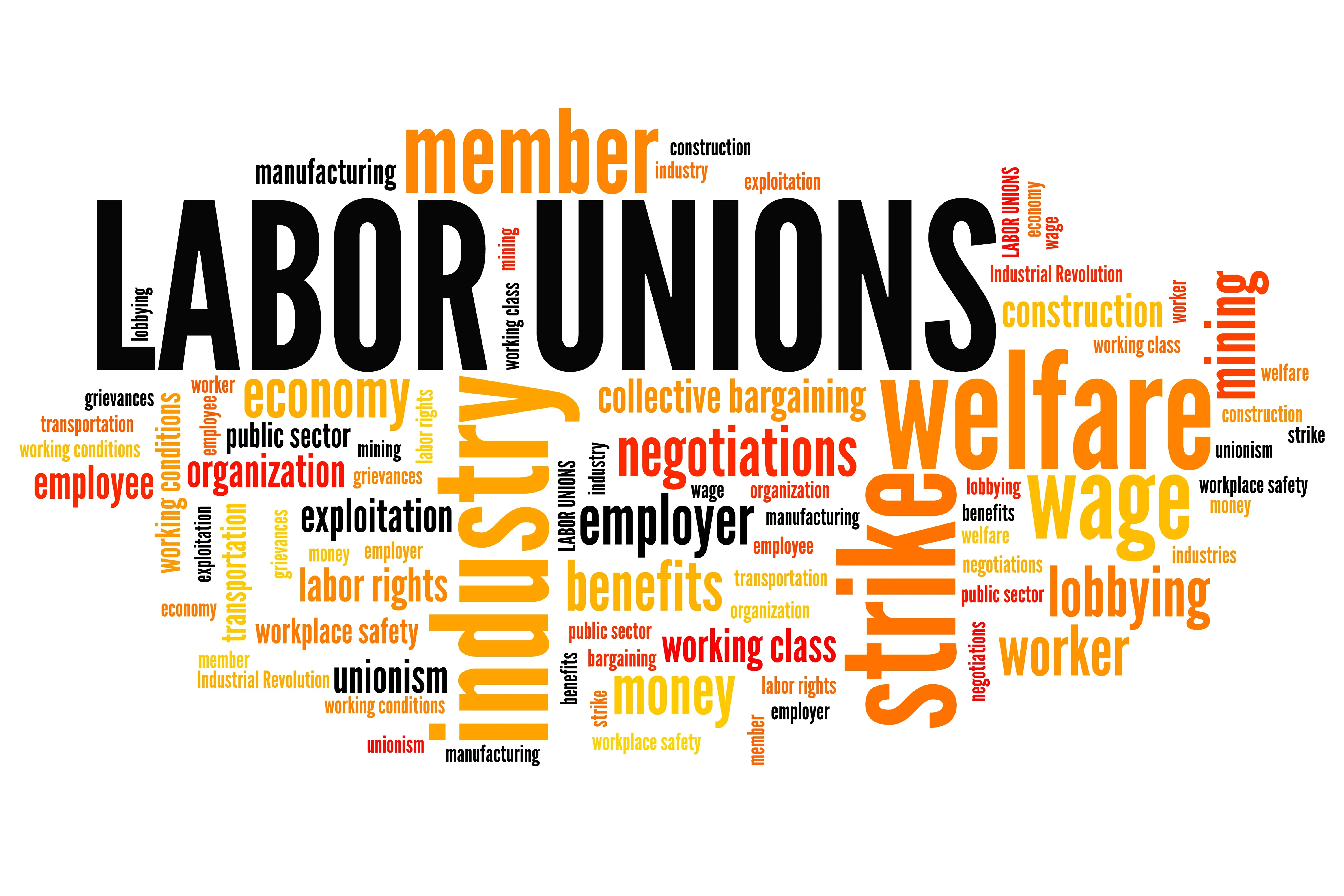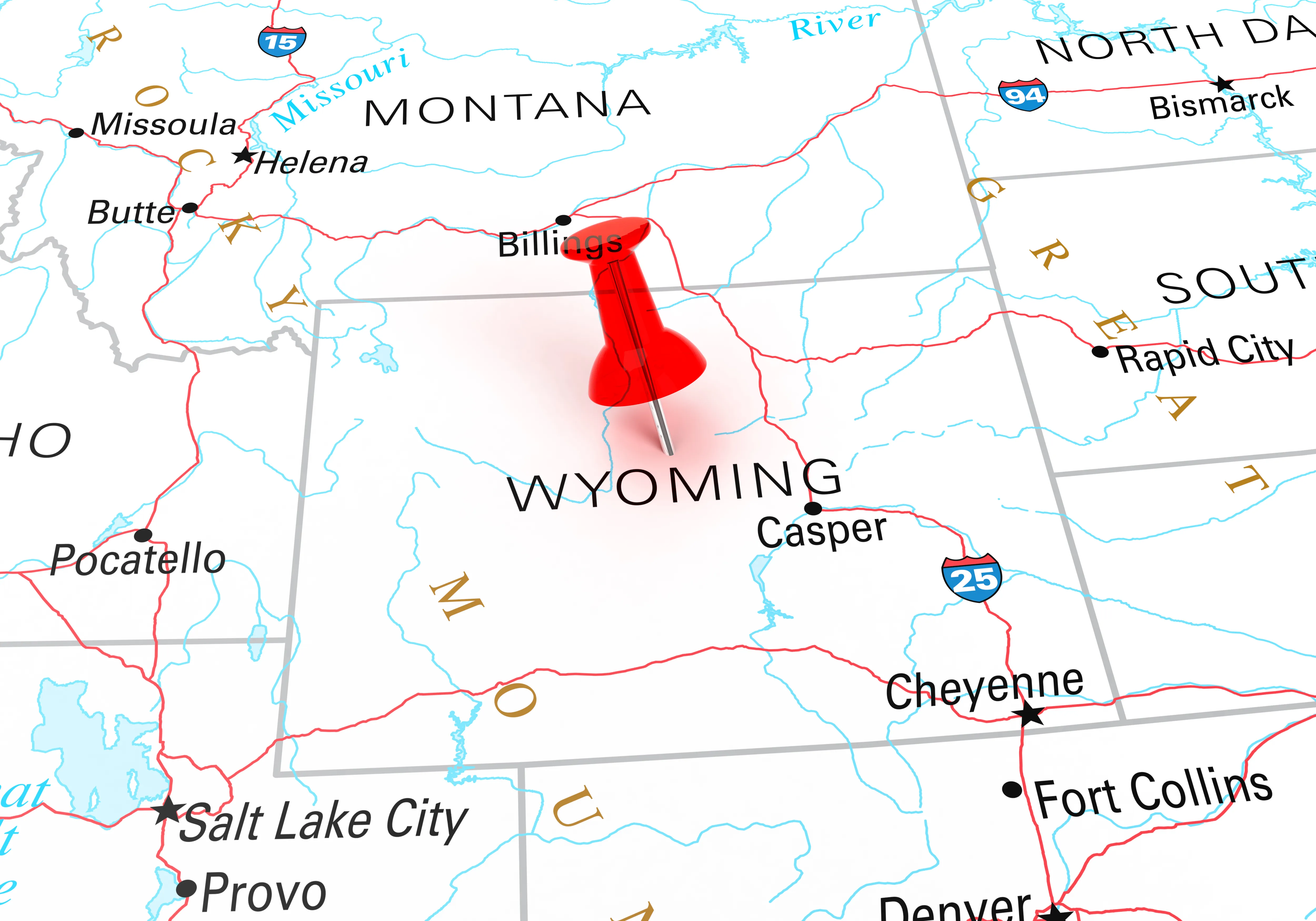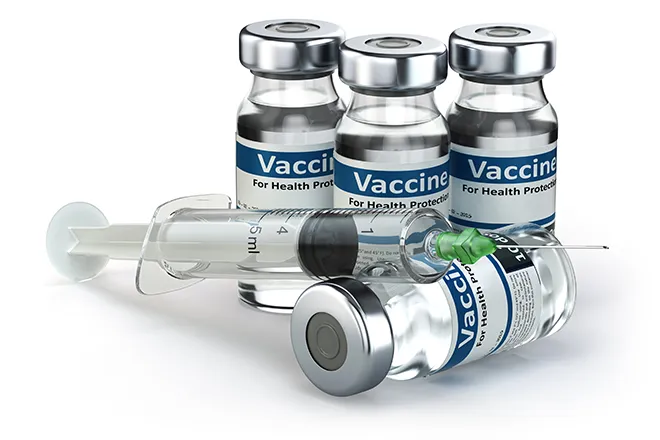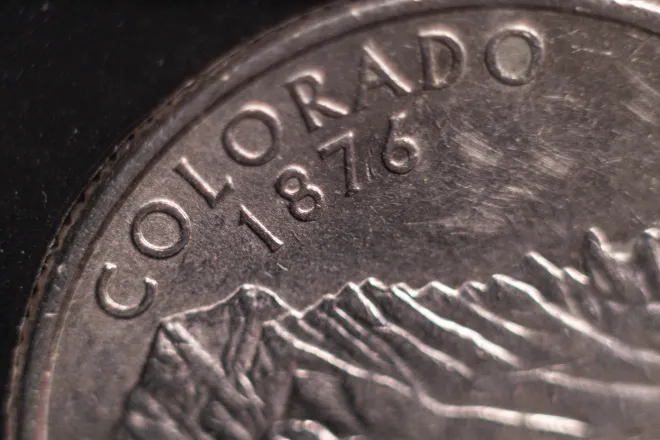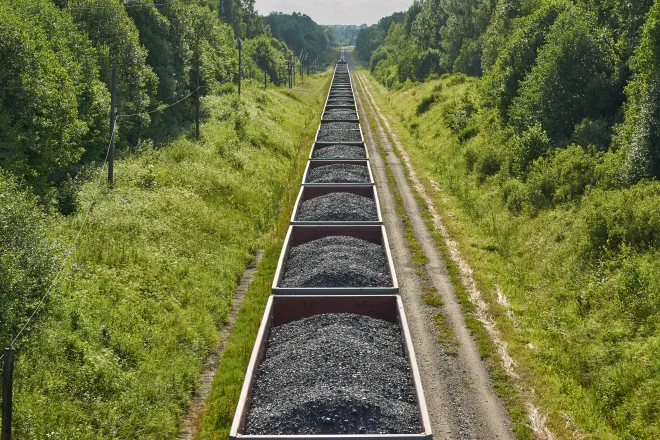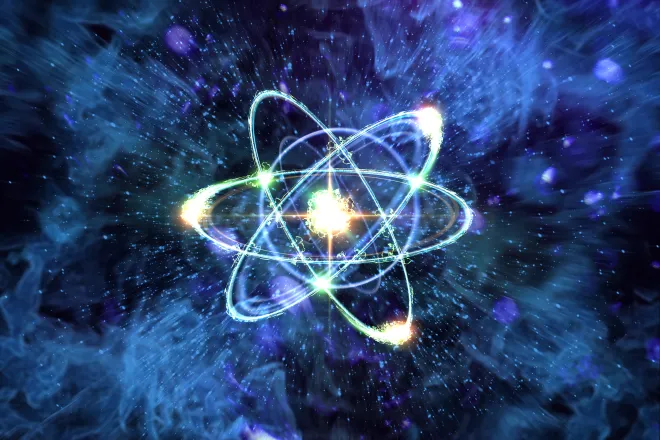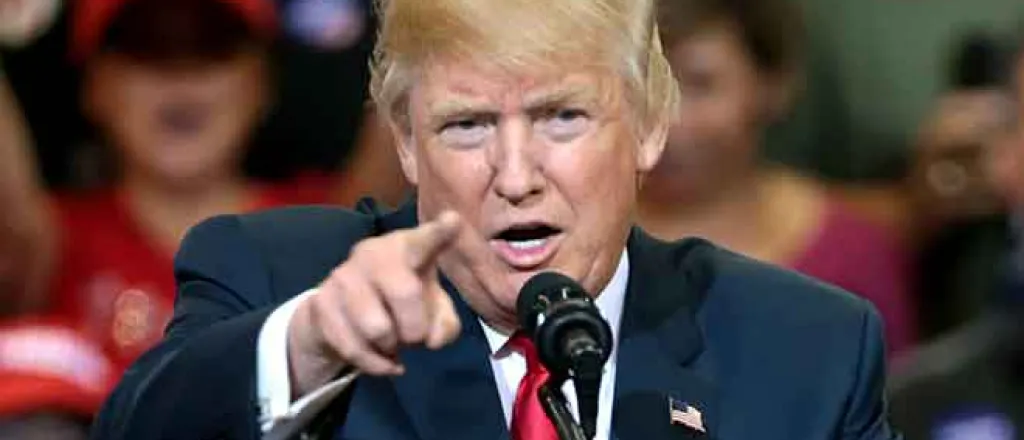
Trump claims immunity, seeks to erase felon status with appeal in NY court
President Donald Trump sought to remove his status as the only felon to be elected president by appealing his conviction on 34 New York state charges just before midnight Tuesday, arguing, in part, that the U.S. Supreme Court’s 2024 ruling giving the president broad immunity invalidated the conviction.
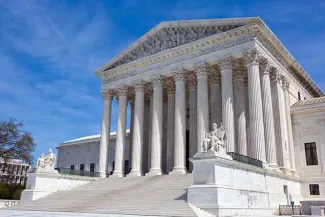
© iStock - sframephoto
In a 96-page appeal nearly 18 months after his state court conviction that he falsified business records by disguising hush money payments over an alleged affair with adult film star Stormy Daniels as legitimate legal payments, Trump’s attorneys recited a list of complaints over his prosecution.
Among those complaints were that New York District Attorney Alvin Bragg, a Democrat, targeted the then-former president, and that the presiding Democratic judge created at least the appearance of partiality, the appeal said.
“This is the most politically charged prosecution in our Nation’s history,” the lengthy brief began. “After years of fruitless investigation into decade-old, baseless allegations — and under immense political pressure to criminally charge President Donald J. Trump for something — New York’s district attorney manufactured felony charges against a once-former and now-sitting President of the United States.”
Bragg’s office declined to comment on the appeal Tuesday.
Hush money
The case centered on payments Michael Cohen, Trump’s former personal attorney, made to Daniels in the run up to the 2016 election. Trump wanted to keep her from telling the tabloid National Enquirer about a tryst she said she had with the married Trump years earlier.
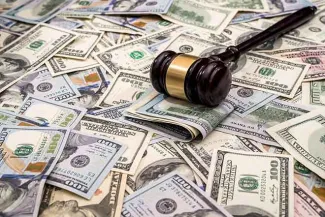
© iStock - alfexe
After Trump won the White House, his private business reimbursed Cohen for the payment to Daniels, according to the 2023 indictment.
Federal prosecutors had explored whether the payment to Daniels could have violated campaign finance laws. Cohen paid Daniels to keep her from publicizing her account during Trump’s 2016 race against Hillary Clinton.
They ultimately declined to bring charges.
Trump’s appeal this week said New York prosecutors impermissibly depended on campaign finance violations to charge him with felony business record falsification.
To be charged as a felony, the business records must be falsified in service of another crime, but Trump argued Monday those allegations could not have been charged because federal law preempts state law.
The New York law also requires prosecutors to show the defendant had “intent to defraud” to win a conviction for falsifying business records. Bragg and his team did not do that at trial, Trump’s attorneys said.
SCOTUS immunity ruling
Trump’s attorneys also said the trial court admitted evidence that should have been protected by presidential immunity, citing a U.S. Supreme Court ruling last year that established broad protections for sitting presidents.
The Supreme Court opinion said the president was not only protected from criminal charges based on official actions, but that any official action could not be used as evidence to prove an allegation that centered on an unofficial act.
The prosecution did include some official acts Trump took while in office, his lawyers said.
Prosecutors examined Hope Hicks, a former Trump White House communications director, Trump’s statements on social media, communications with former Attorney General Jeff Sessions — which Trump denies took place — and the president’s general work habits while in office.
Those examples should all be considered official actions that are immune from being used in a criminal case, Trump’s attorneys wrote.
Lack of recusal broached
Trump’s attorneys also argued Judge Juan Merchan, who oversaw the trial, should have recused himself.
Merchan donated a total of $25 to Joe Biden’s 2020 campaign and to a political action committee called “Stop Republicans.”
The nominal contributions violated a “clear bar on sitting judges making political contributions,” Trump’s attorneys wrote.
His daughter also worked for a political organization that opposed Trump in 2020, the brief noted.
Trump had asked Merchan to recuse himself during the trial phase, but the judge declined. Trump’s attorneys said Monday that was a “clear ground for reversal” of the conviction.
“In the face of all these undisputed and damaging facts, Justice Merchan’s refusal to recuse created, at the very least, ‘the appearance of bias,’” they wrote.
Elected felon
Whatever problems arose from Trump’s prosecution in New York, it had the political effect of elevating his stagnant comeback campaign.
At the nadir of his popularity following his 2020 election loss and the January 6, 2021 attack on the U.S. Capitol, several credible challengers entered the Republican presidential field for the 2024 cycle and Florida Governor Ron DeSantis led in some early polls.
But four criminal prosecutions, of which the New York hush money case was the first, had the effect of galvanizing Republicans and other voters who believed the former president was the victim of a political prosecution, and he easily won the GOP nomination.
The prosecutions played out amid the 2024 campaign, and a New York jury convicted Trump of 34 felony counts on May 30, making him the first former president to be convicted of a felony.
He won that November’s election and became the first felon to be elected president.
He successfully delayed sentencing until after the 2024 election. Merchan imposed a sentence of unconditional discharge on Jan. 10, 2025, allowing Trump to avoid prison time.



